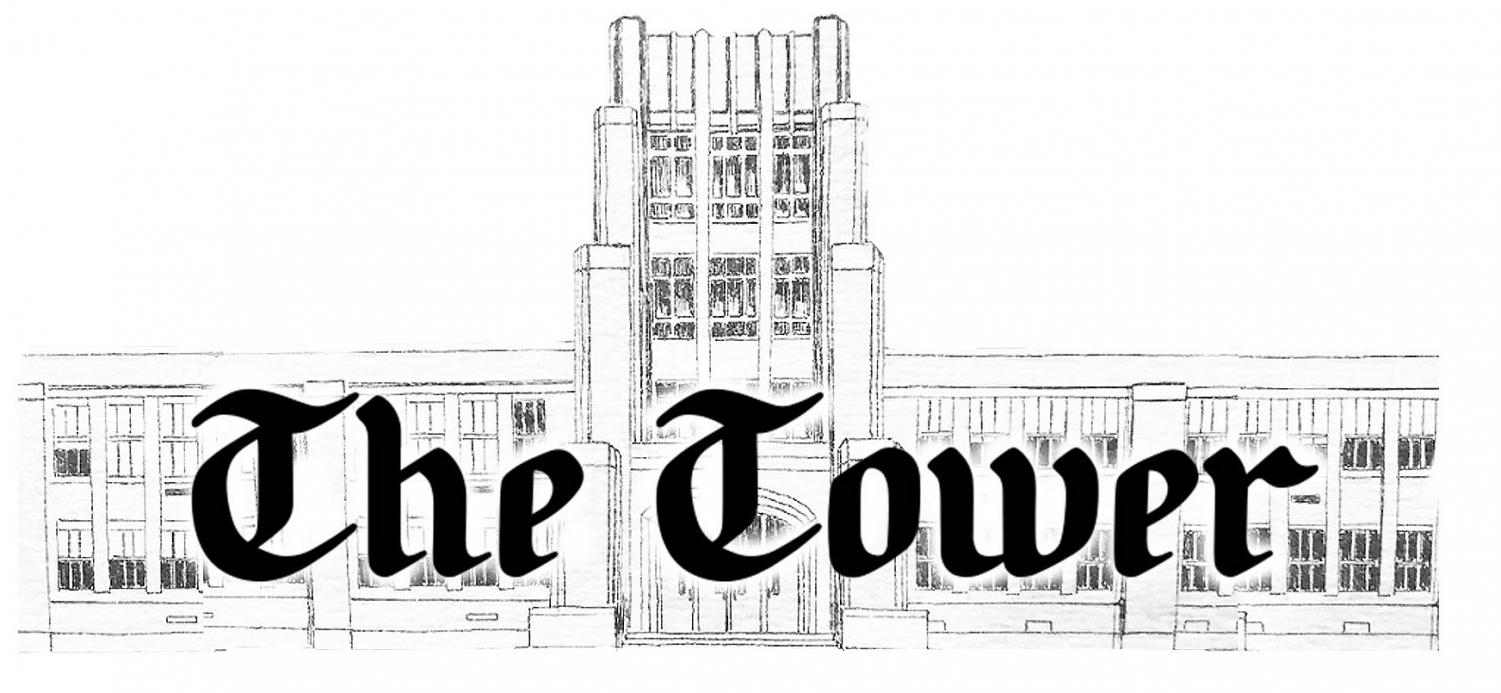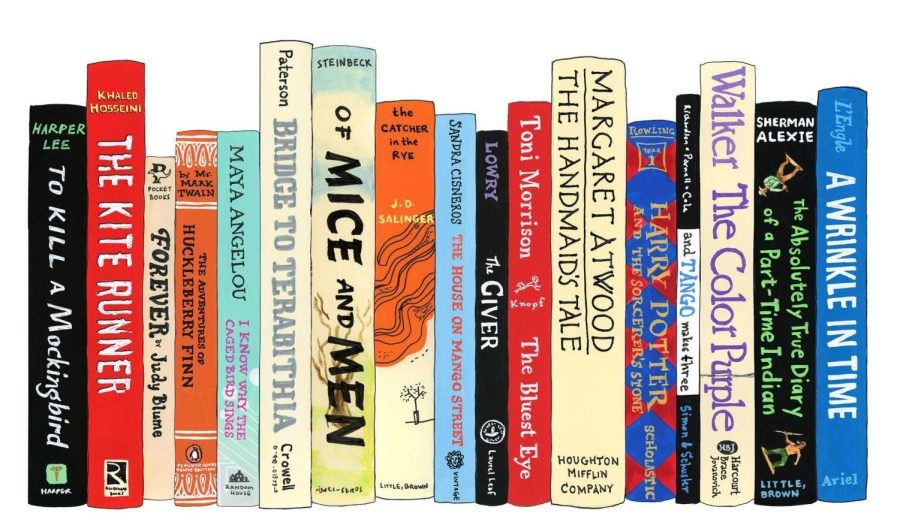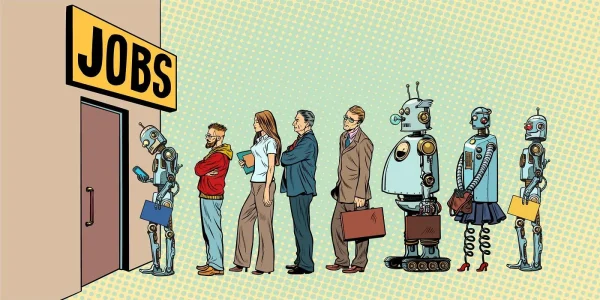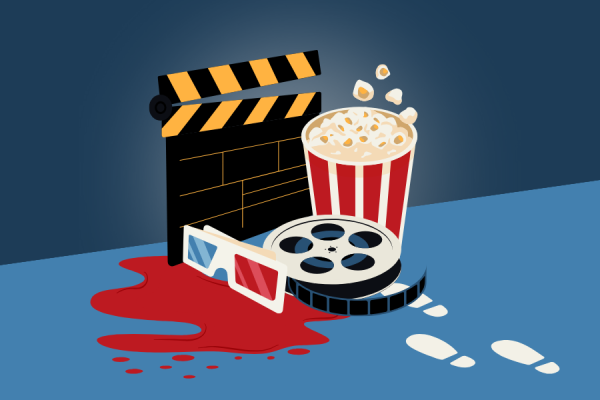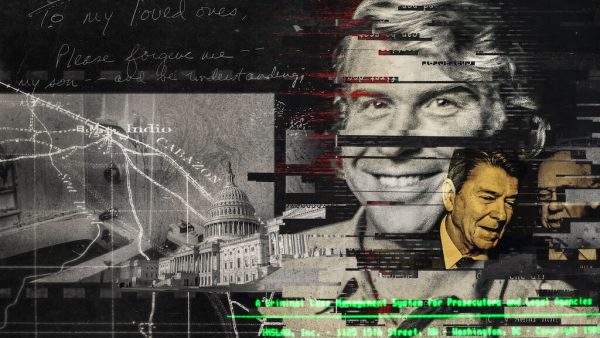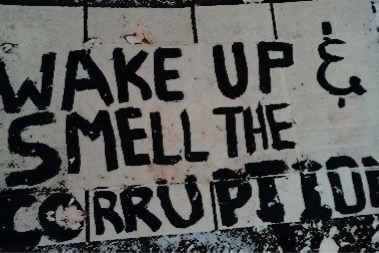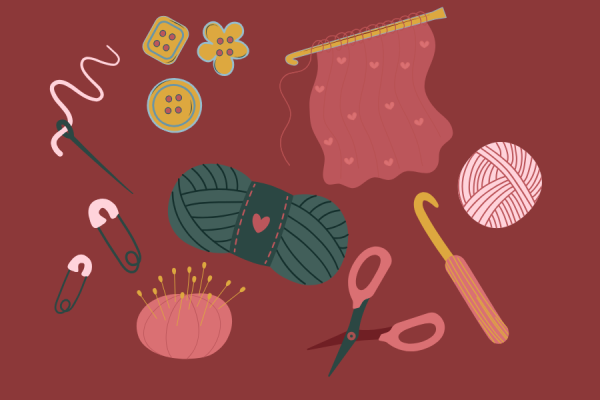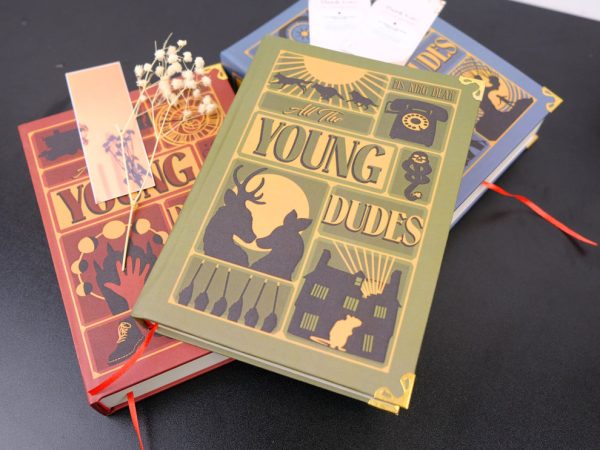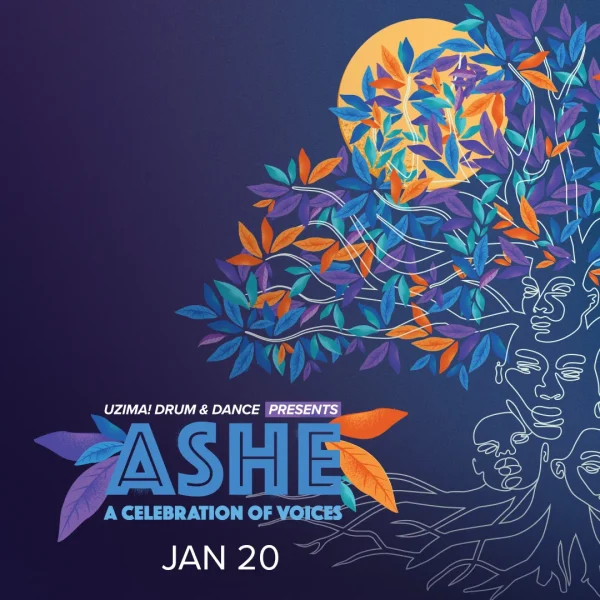Schools and Libraries Ban Books Across the U.S.
April 28, 2023
In recent months, novels by infamous authors such as Roald Dahl and Agatha Christie have been rewritten due to language that many thought may be offensive or inappropriate. In Dahl’s beloved children’s book, Charlie and the Chocolate Factory, the phrase “enormously fat”, used when describing Augustus Gloop, has been changed to simply “enormous” in newer versions of the book. Multiple Agatha Christie novels have been changed to remove references to race or ethnicity, some being offensive, while other edits have removed some phrases solely due to a belief that they may bother more “sensitive” readers.
Book censorship and banning have caused major disputes in recent years. Books containing subject matter such as violence, sexual content, discussion of race, and other difficult topics have been the main targets of book banning in schools and libraries. Last month, a textbook lesson about Rosa Parks, a civil rights activist, was changed in the state of Florida to completely remove any mention of race. Race is the reason the entire civil rights movement occurred, and for present and future generations to not learn that makes them ignorant to the history of the United States.
A main reason that these books have been edited, rewritten, or removed from libraries and curriculums altogether is because they are viewed as inappropriate or offensive. The unfortunate fact is that many of the people deciding what books do and do not belong in schools have no direct connection with the schools or students themselves. They do not know how these children learn, what they are interested in, or how their teachers teach them. Children and adolescents want to learn new information, but their ability to learn that information relies on adults that do not know them. For older children, such as teenagers, preventing them from reading certain books will only make them want to read those books more.
Making such small changes, such as those made in Dahl’s and Christie’s books, has little effect on those reading it, except for preventing them from reading the original version. These edits are essentially pointless, especially considering that many people will likely attempt to search for the original editions of these novels. Unless fought against, more and more books will be changed, to a point where the story itself changes, or even banned.
As mentioned, books that focus on race are often targeted when considering banning books. Books like To Kill a Mockingbird and Of Mice and Men are banned in numerous schools across the country due to their use of derogatory slurs and accounts of racism. Although these novels may seem offensive or uncomfortable to some, they can still be taught in schools if done properly. Context of the time period when the novel was written and of the novel in general need to be taught when teaching any novel, especially ones that may be more controversial. Considering why the author wrote what they did and how it affects people now is a more effective way of learning about history than completely removing the history from the country, good or bad.
An end to book banning and censorship will not come unless readers make an attempt to end it. A genuine effort has to be made in order for something to change, especially considering that those initiating this censorship have an immense amount of power over students and educators. This generation of students has already been able to fight for what is right and make so many changes in regards to social justice issues that I think we are more than capable of making our own judgments.
